Harry Connolly and the Black Gate Interview
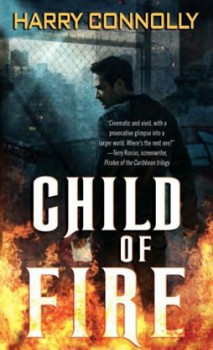 When people tell us about their favorite Black Gate authors and stories, one name that inevitably turns up in both staff and fan discussions is Harry James Connolly, whose tales have appeared three times now in our pages, with more on the way. You may not have seen much of him lately over at Black Gate, but he’s been very busy writing some best selling novels. You can find all about that over here, and a little bit more about Harry and his writing if you just keep reading.
When people tell us about their favorite Black Gate authors and stories, one name that inevitably turns up in both staff and fan discussions is Harry James Connolly, whose tales have appeared three times now in our pages, with more on the way. You may not have seen much of him lately over at Black Gate, but he’s been very busy writing some best selling novels. You can find all about that over here, and a little bit more about Harry and his writing if you just keep reading.
A Conversation with Harry Connolly
Conducted and transcribed by Howard Andrew Jones October 3 – Oct 10 2010
BG: First tell us how long you’ve wanted to be a writer, and how long you were mulling over the novel that launched your career before you finally sat down to draft it.
I’ve wanted to be a writer since I was very small. I was an early reader — like, age 3 — and when my parents explained that people made a living writing books like the one in my hands, I knew that’s what I wanted to do.
Not that I had any idea what that meant. I do have a distinct memory of sitting in kindergarten learning to write the letter “M” and thinking this is totally going to come in handy! (to paraphrase my young self).
As for Child of Fire, it’s a setting that I’ve written in before (some short fiction and a pair of novels–but with different characters), butI knew I wanted to do something very specific with it. I spent several weeks working out the story and, more importantly, the tone before I dug into the writing.
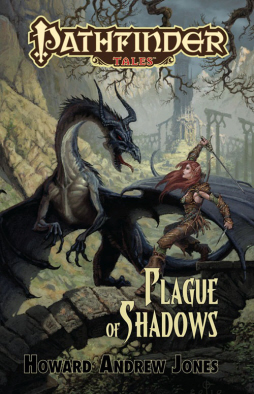
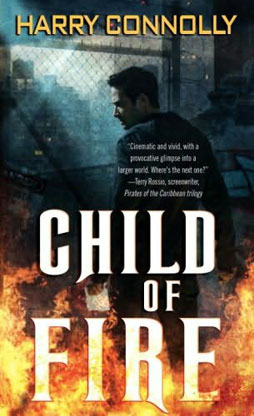 This essay first appeared as a part of Jim C. Hines’s First Book Friday series, in which authors describe their first sales. You can read the entire series on
This essay first appeared as a part of Jim C. Hines’s First Book Friday series, in which authors describe their first sales. You can read the entire series on 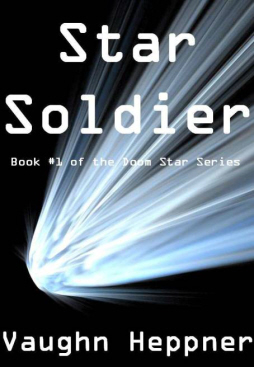
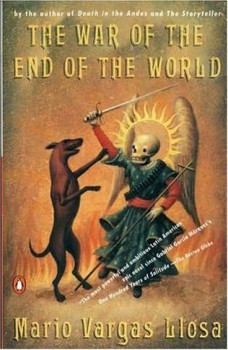
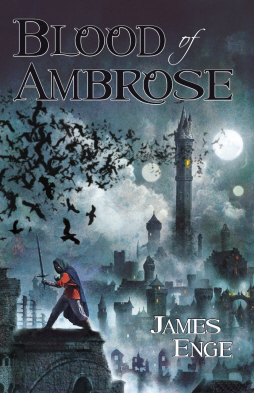
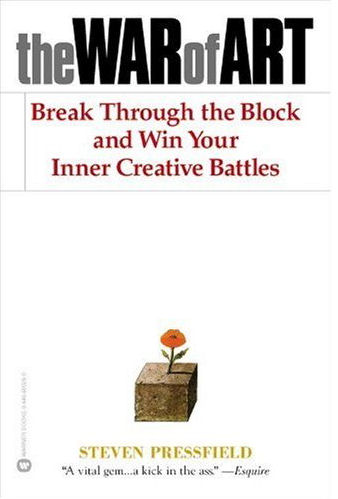
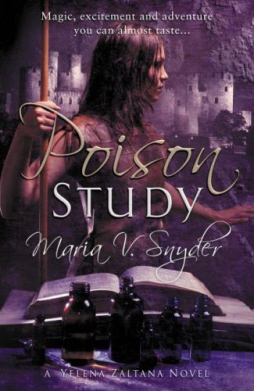 Predicting the weather is an art and a science… yes, really, it’s a science, believe me. I spent four years at Penn State University learning chemistry, calculus, physics, thermodynamics, and fluid dynamics to earn my Meteorology Degree – I should know.
Predicting the weather is an art and a science… yes, really, it’s a science, believe me. I spent four years at Penn State University learning chemistry, calculus, physics, thermodynamics, and fluid dynamics to earn my Meteorology Degree – I should know.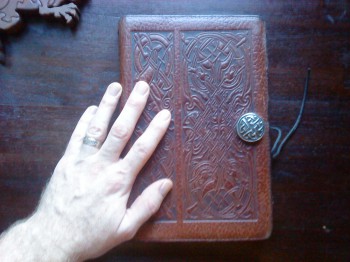
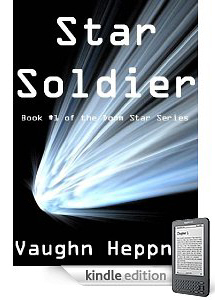 Star Soldier by Vaughn Heppner, Book #1 of the Doom Star Series, has reached the Top of Amazon’s bestseller list for
Star Soldier by Vaughn Heppner, Book #1 of the Doom Star Series, has reached the Top of Amazon’s bestseller list for